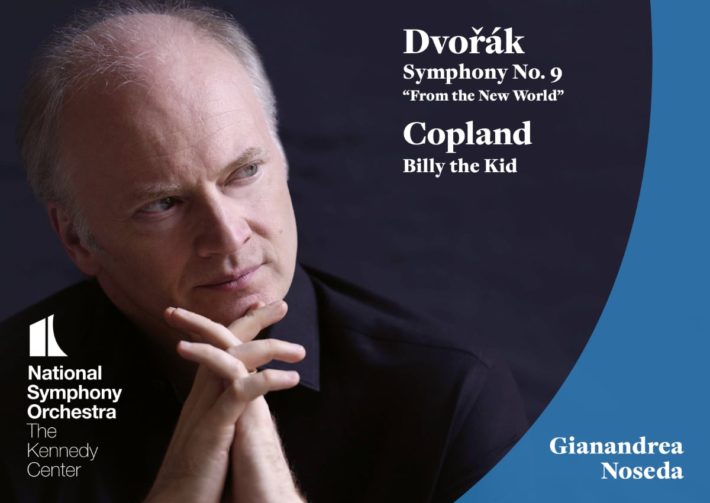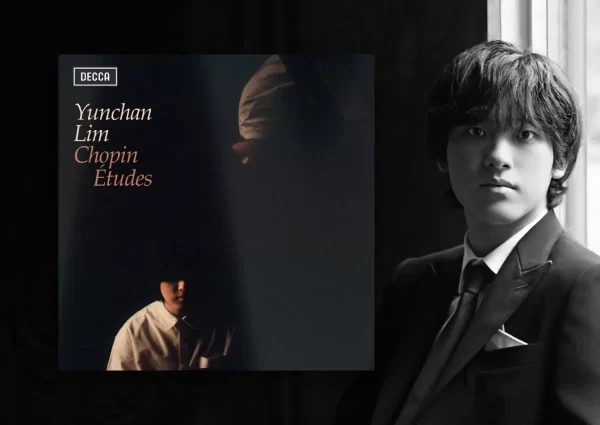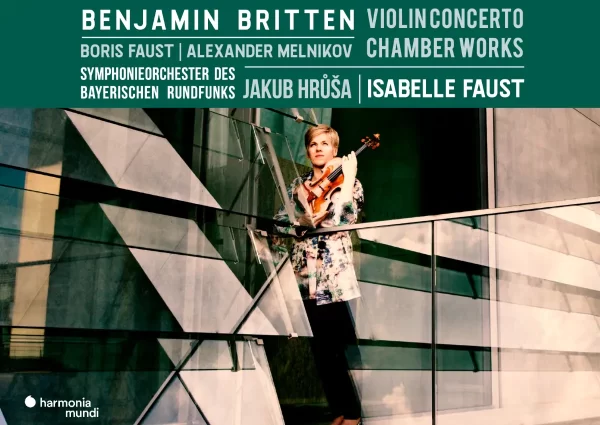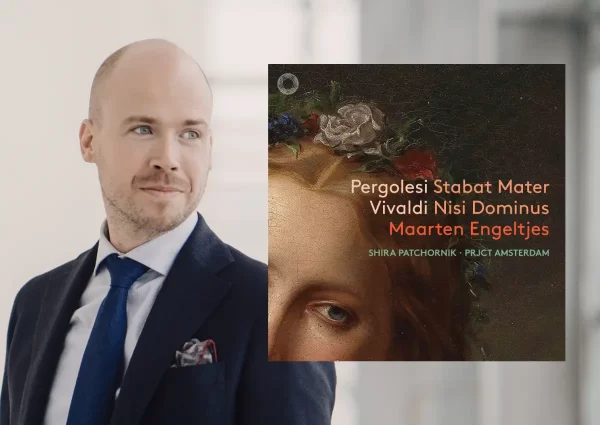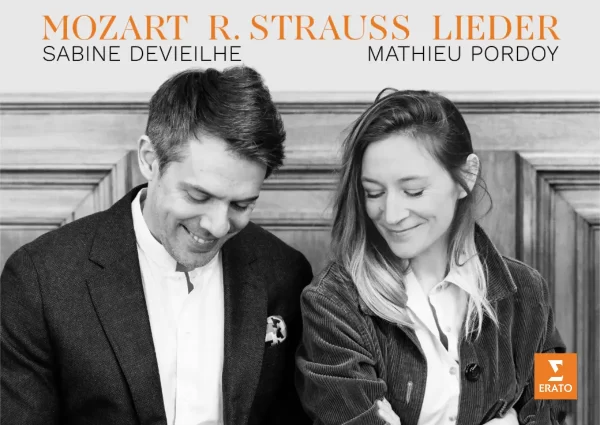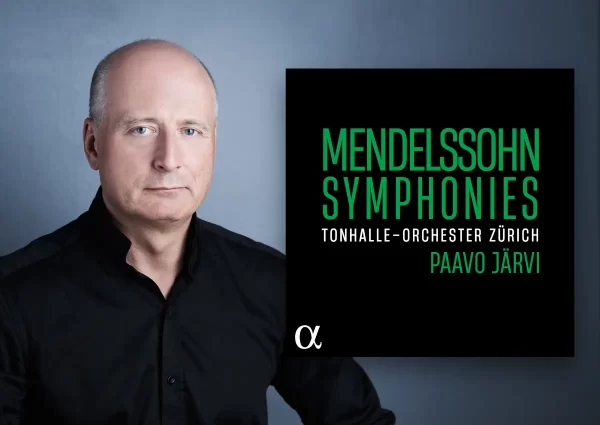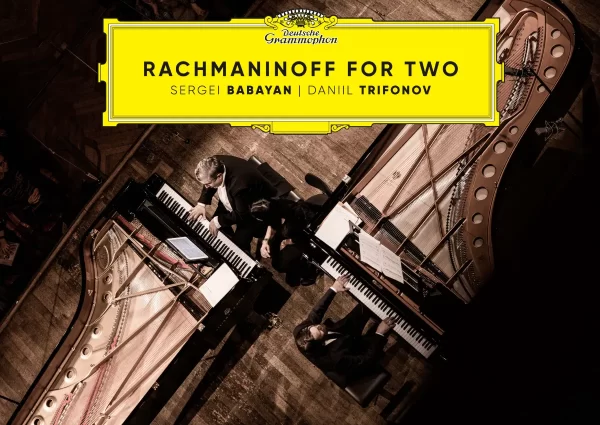This is the National Symphony Orchestra’s (Washington, D.C.) inaugural release on its new self-produced label. It is also their first recording with music director Gianandrea Noseda, who began his four-year term with the 2017-2018 season. One year later his contract was extended through the 2024-2025 season, which suggests there is a potent chemistry between conductor and orchestra, making one keen to listen to this album.
Sadly, signs of that chemistry are frustratingly absent. There is no denying that Noseda ensures the caliber of the playing is impressive, but the recorded competition for Dvorák 9 is particularly intense. The current catalog has over 200 available recordings, so any new recording hoping to find a place within the top recommendations really needs to offer a new (and convincing) interpretative stance, wedded to astounding playing and incredible sound. Unfortunately, the very first bars signal an interpretative blandness that is present for most of the performance.
Listening again to this Symphony with Andris Nelsons and the Symphonieorchester des Bayerischen Rundfunks (BR, 2013), one is struck anew by how immediately they establish a mood of deep foreboding. While the sound of Washington’s lower strings is suitably rich and warmly colored, it portends very little. Noseda sets a nearly identical tempo to Nelsons when the Allegro begins (1’50”), but listen to how much more character the Bavarians discover. Sample the flute solo that introduces the third theme (Noseda – 3’45” and nelson 4’00”): the new recording is pretty but a little anonymous, whereas the Bavarian playing seems to capture an image of Dvorák whistling as he meanders through the fields of his homeland. Throughout, Noseda’s interpretation seems efficient and generalized, which is simply not enough for this intensely emotional music. Listen to the buildup into the climax of the first movement: While Noseda and his players follow every written instruction in the score, they never seem to reach an emotional peak.
Similar issues are present in the famous slow movement. Although Noseda embraces a rather quick tempo objectively, it somehow feels on the slow side, without enough elasticity in the phrasing. The initial entrance of the English Horn is certainly beguiling, but when compared to other performances, somewhat prosaic. Noseda offers a beauty with a certain emotional detachment, when many others reveal a forlorn desperation that immediately draws us in.
Related Classical Music Reviews
- Review: Beethoven – Complete Symphonies – Vienna Philharmonic Orchestra – Nelsons
- Review: “Soirée” – Magdalena Kožená and Friends
- Review – Brahms – Symphonies No. 1 and 3 – Gardner
The third movement exposes technical shortcomings in the recording itself. The sound provides ample clarity for the string writing, but the winds, especially the brass, can sound somewhat muddied. This robs the playful woodwind interjections in the first part of the Scherzo of their sparkle, though I was taken with the lightness of their playing in the Trio. The final movement offers perhaps the most impressive and characterful playing, Noseda inspiring some powerful climaxes. Nevertheless, the emotional journey feels short-changed in this reading; Recorded live at the Kennedy Center, while it may have been an exciting performance to attend, repeated hearings offer fewer dividends than the Nelsons performance, or the classic London Symphony conducted by Kertész on Decca.
While there are certainly fewer recordings of “Billy the Kid” suite, the performances by Slatkin (his two takes of the full ballet), Tilson Thomas, and of course Bernstein, set a very high bar. And once again, despite playing of impressive unanimity and vivid colors, this new recording lacks the full characterization and emotional power of those earlier recordings. More frustratingly, this SACD recording has a certain lack of presence and power in comparison to those older recordings – sample the “Gun Battle” (track 5) and compare it to either Slatkin recording, or even to Bernstein’s classic CBS recording. If you must have Copland’s Suite in SACD sound, seek out Litton’s vivid performance with the Colorado Symphony with typically outstanding BIS sound.
With so many exemplary performances readily available, many at a cheaper price and with better sound, these performances are non-competitive. Hopefully, their second release will more readily capture the considerable strengths of both conductor and orchestra.

Dvořák – Symphony No. 9 (“From the New World”)
Copland – Suite from Billy the Kid
National Symphony Orchestra
Gianandrea Noseda – Conductor
National Symphony Orchestra Label, Hybrid SACD NSO0001
Dvořák Symphony No. 9 – Recommended Comparisons
Copland Billy the Kid – Recommended Comparisons
Read more classical music reviews or visit The Classic Review Amazon store
Follow Us and Comment:
Get our periodic classical music newsletter with our recent reviews, news and beginners guides.
We respect your privacy.

